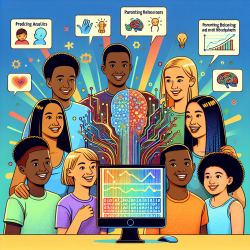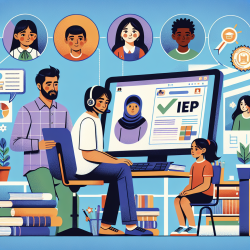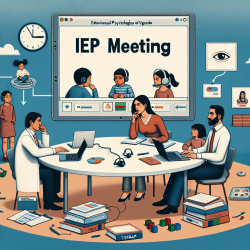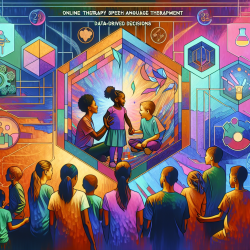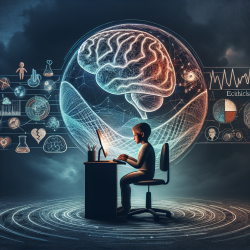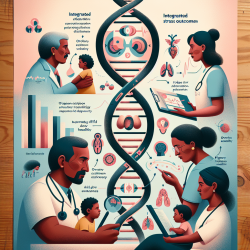The global rise in adolescent mental health issues has become a pressing concern for educators, clinicians, and policymakers alike. With the prevalence of internalizing disorders like depression and anxiety doubling in recent years, and externalizing problems such as conduct disorders increasing significantly, understanding the predictors of these issues is crucial. A recent study titled Predicting Adolescent Mental Health Outcomes Across Cultures: A Machine Learning Approach offers groundbreaking insights into these predictors using a combination of traditional theory-driven research and modern data-driven machine learning methods.
The Power of Machine Learning in Mental Health Prediction
Machine learning models have shown promise in distilling vast arrays of risk factors into the most critical predictors for adolescent mental health. By analyzing data from 1176 families across nine countries, researchers identified key age 10 predictors that influence mental health at ages 13 and 17. These include individual characteristics such as past mental health problems, parenting behaviors, family context, and cultural influences.
Key Findings
- Youth Mental Health History: The strongest predictor of future mental health issues is a history of similar problems. This aligns with the axiom that past behavior is the best predictor of future behavior.
- Parenting Behaviors: Factors such as parental warmth, hostility, and control significantly impact adolescent outcomes. Parent rejection (e.g., hostility or neglect) consistently emerged as a top predictor across different ages and behaviors.
- Family Context: Variables like family obligations and adverse life experiences also play a crucial role. However, their impact varies depending on the specific adolescent outcome being predicted.
- Cultural Influences: Cultural norms around individualism and collectivism influence adolescent mental health indirectly by shaping parenting practices and family dynamics.
Integrating Theory-Driven and Data-Driven Approaches
The integration of machine learning with traditional theoretical models like the Bioecological Model offers a robust framework for understanding adolescent development. This model posits that individual characteristics are influenced by their immediate environment (microsystem), which is nested within broader societal contexts (exosystem and macrosystem).
This study highlights how proximal factors (e.g., individual traits and family dynamics) are more predictive than distal ones (e.g., neighborhood safety or cultural values) when it comes to adolescent mental health. The findings underscore the importance of screening for current mental health issues as they provide valuable insights into future outcomes.
Implications for Practitioners
For practitioners working with adolescents, these insights offer several actionable strategies:
- Regular Screening: Implement systematic screening for mental health issues in schools or primary care settings to identify at-risk youth early on.
- Focus on Parenting Interventions: Develop programs that enhance parental warmth and reduce hostility to mitigate future mental health problems.
- Cultural Sensitivity: Consider cultural norms when designing interventions to ensure they resonate with diverse populations.
The study also suggests that involving mothers in reporting can provide accurate assessments given their significant role in predicting adolescent outcomes.
The Future of Adolescent Mental Health Research
This research marks a pivotal step towards more accurate predictions of adolescent mental health outcomes by combining theoretical insights with advanced analytics. As machine learning continues to evolve, its application in developmental science holds great potential for early intervention strategies that could transform lives.
The integration of data-driven methods with established theories not only enhances our understanding but also ensures that interventions are both evidence-based and contextually relevant. By leveraging these insights, practitioners can better support adolescents through their developmental journey.
To explore the original research paper in detail, please follow this link: Predicting Adolescent Mental Health Outcomes Across Cultures: A Machine Learning Approach.
